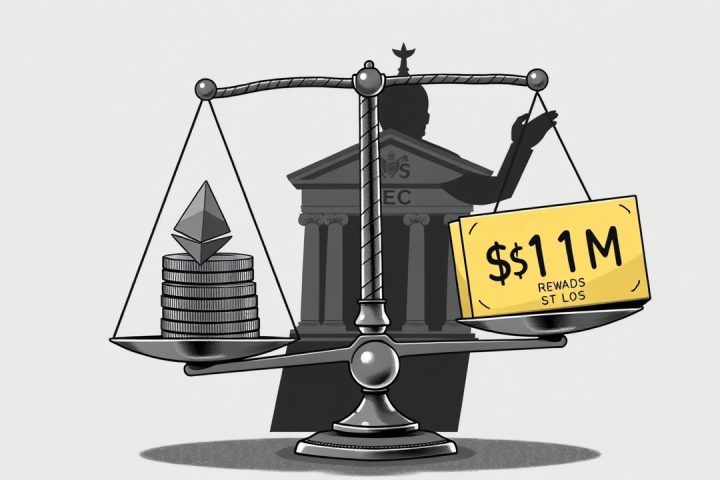Introduction
In the face of rising obstacles related to Bitcoin mining, a provincial leader in Russia is advocating for the use of associated gas from oil drilling sites as a potential remedy. This comes on the heels of a significant regulatory change in the Irkutsk region, which recently implemented its first year-round ban on cryptocurrency mining in its southern territory. This ban follows an earlier decree from Moscow that prohibits crypto mining in several regions during the winter months until the year 2031.
Proposed Solutions and Collaboration
During a recent address on April 25, Igor Kobzev, the governor of Irkutsk, emphasized the necessity for collaboration between major players in the Bitcoin sector and the oil and gas industries. He proposed the establishment of data centers powered by alternative energy sources, hinting at the abundant associated gas that is often flared during oil extraction. He clarified that the government does not oppose mining as an activity; rather, its priority remains ensuring a stable electricity supply for both residents and businesses.
Mining Operations and Energy Strain
Kobzev pointed out that Russian oil companies have been experimenting with using associated gas to support crypto mining operations since the early 2020s, with notable collaborations commencing between significant companies like BitRiver and Gazprom Neft in 2022. Although Russia has emerged as one of the leading nations in Bitcoin and cryptocurrency mining due to the influx of miners relocating from China, this expansion has placed immense strain on local energy grids. The Russian Ministry of Energy is currently evaluating the possibility of enacting further mining bans in regions grappling with energy distribution issues.
Environmental Considerations and Future Threats
Interestingly, while some regions claim surplus energy resources that could fuel mining endeavors, Kobzev is focused on steering miners in Irkutsk away from public power grids entirely. He expressed strong support for initiatives that harness associated gas for crypto mining, noting that this could also alleviate environmental issues tied to gas flaring.
Associated gas is often released during oil drilling, and if not captured, it is typically burned off. While its energy output can be erratic and prone to bursts, some miners are reportedly willing to engage with this energy source, especially if offered discounted prices. Kobzev expressed concern that if the energy deficits linked to crypto mining continue unchecked, the southeastern part of Siberia could face capacity shortfalls approaching 3 gigawatts by 2030. However, critics argue that the ban on crypto mining in Irkutsk has inadvertently fueled a rise in illegal and semi-legal mining operations, exacerbated by increasing Bitcoin prices and a reluctance among miners to cease operations.
Conclusion
This evolving landscape reveals the complexities of balancing energy management, regulatory enforcement, and the booming crypto mining industry in Russia’s resource-rich regions.

















